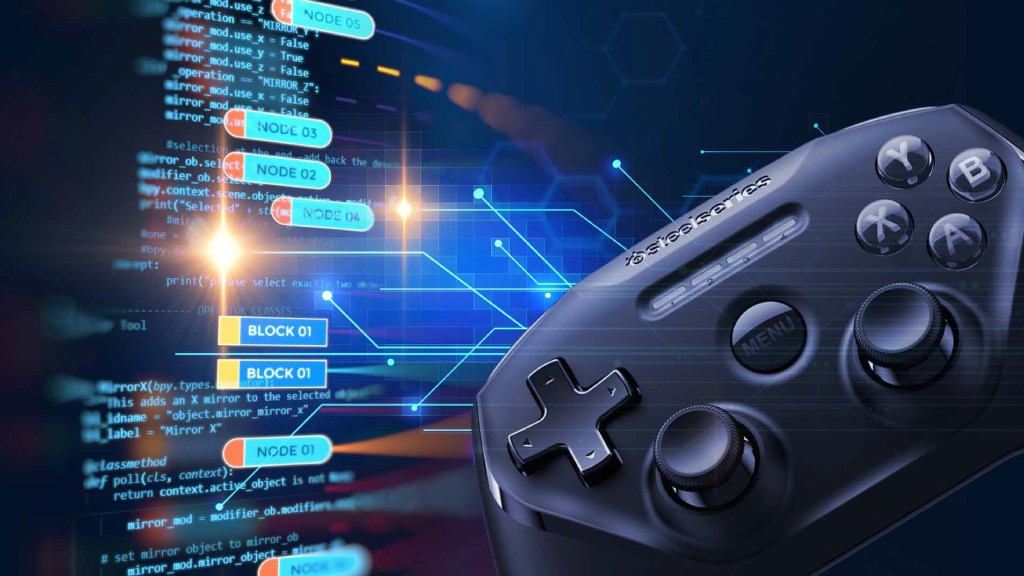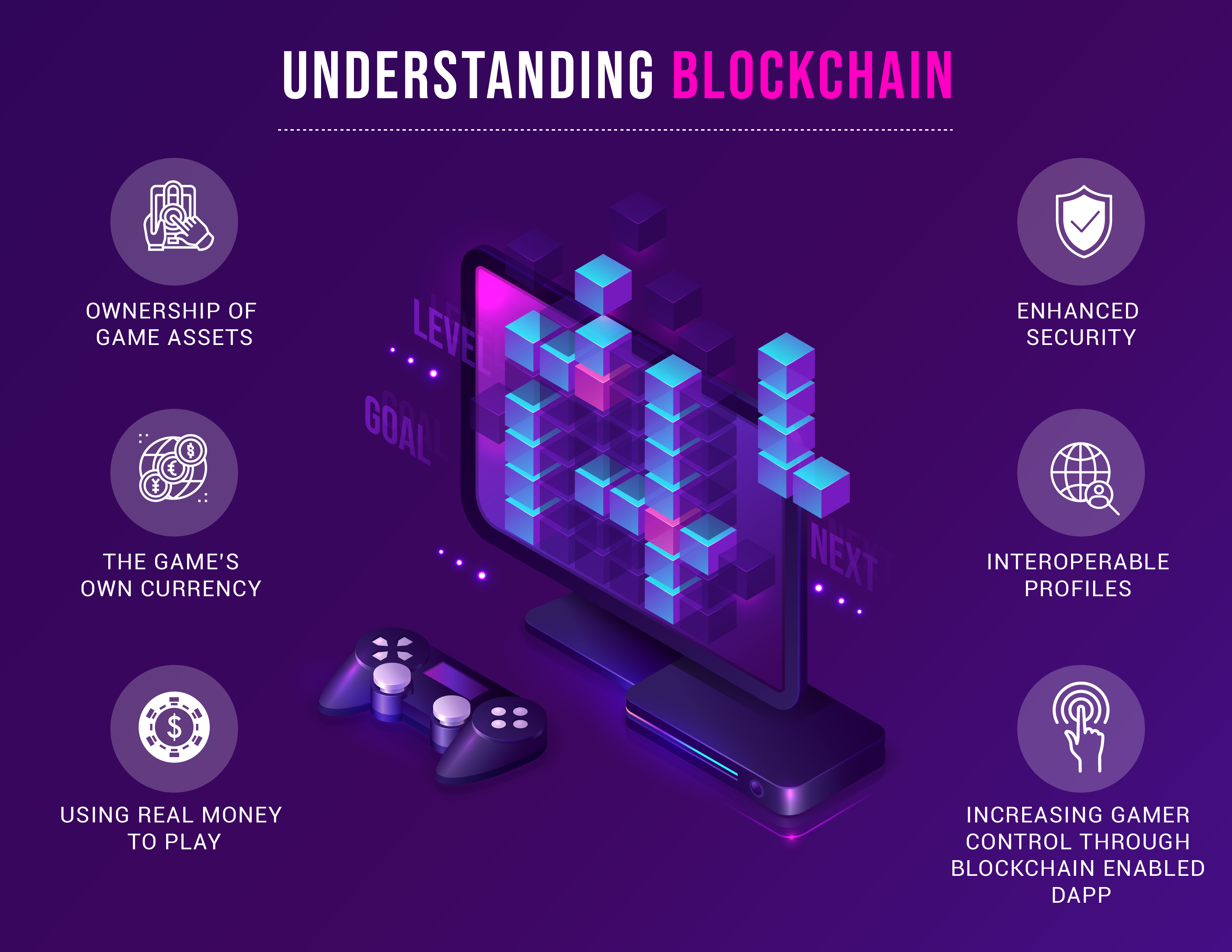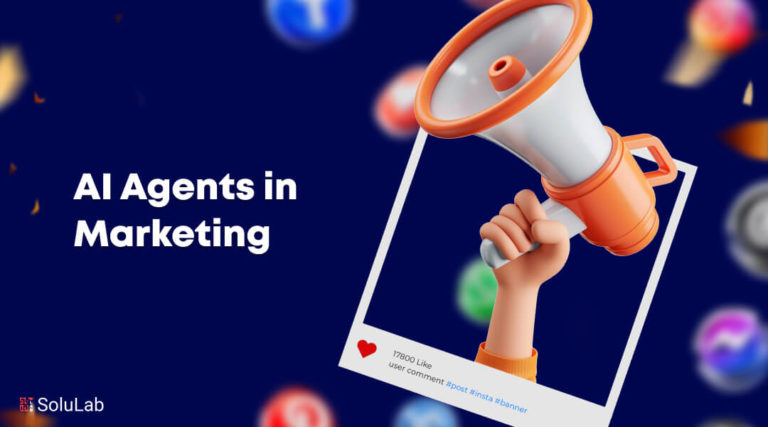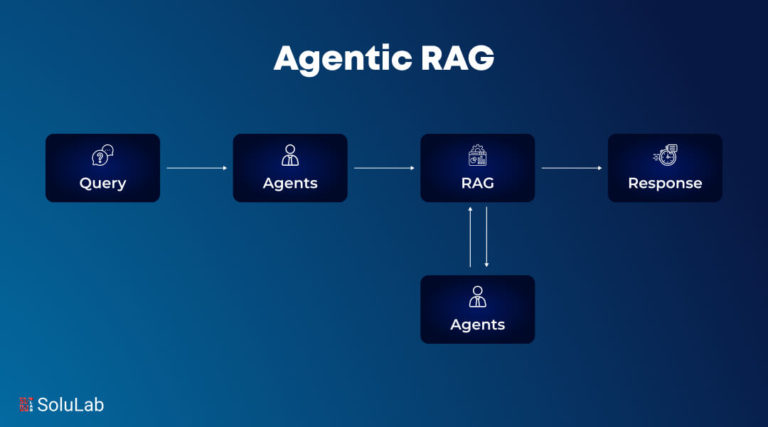
We all have that one friend who cannot end the day without beating an opponent or two at Fifa or buying a new country’s team. Most of us have parents simply addicted to Solitaire or Candy Crush and, believe me when I tell you, people in your circles are getting quiz2win memberships as you read this, and the numbers are greater than you would expect. Then there’s PUBG, undoubtedly, and the multitudes of people having ‘chicken dinners’ during lectures or meetings as well as in all kinds of public transport.
The examples above are my way of premising the following fact- gaming has become a part and parcel of our lives, whether we actively realise it or not. On a broad spectrum, it is, in fact, one of the integral industries of the world today. Here’s a visualisation of its staggering reach – the overall gaming market was expected to grow to 159.3 billion USD in 2020. With the world facing a pandemic people are locked up in their homes with ample time to spare. As a consequence, a 9.3% increase in these numbers has been predicted. By the end of 2023, the figure is said to surpass 200 billion USD.
With the industry being so large and dealing mainly with computer systems, it’s hardly of any surprise that it is also one of the first ones to adopt new technologies. Be it motion sensors, augmented reality, virtual reality, artificial intelligence, machine learning – all of these have found some of the most unique and interesting uses by the gaming industry. Ones that have interested users and served as trailblazers in a world of innovation for enthusiasts. Another such technology rising through the ranks of popularity is blockchain and so is its integration with gaming. The rudimentary question this raises is – what is blockchain?
Understanding Blockchain

Blockchain is currently the most famous distributed ledger technology out there. A distributed ledger can be imagined as a record book that stores data. The word ‘distributive’ means it is distributed over systems rather than being consolidated on a single computer, and that is exactly how blockchain works. Once the authenticity of a transaction is established, it is put on a ‘block’ alongside other authenticated transactions. The block is given a ‘hash’ or a title, is time stamped and added to the ‘chain.’ Once this has happened, the information stored can never be altered; in other words, it is immutable. The time stamping ensures the order of the blocks cannot be manipulated. The rigorous encryption involved in generating the hash ensures the block’s data cannot be manipulated. Hence, it is very difficult to hack systems where blockchain is in action. Even if one system is hacked, the hacker would have to make the same exact manipulations on every single system using that blockchain – since every transaction is copied over every device- a task practically impossible to execute. This makes any attempted malicious activity quite easily trackable.
For years, the central areas of focus for anybody venturing into blockchain were finance, banking, logistics, food supply, pharmaceuticals, investment and the like. People are now beginning to see how blockchain and gaming converge and the new prospects their combination can give rise to. Well known companies are the flag-bearers of this change, for instance, Forte raised 100 million dollars in 2019 for blockchain gaming. In the following section, I am going to give you six possible reasons behind this investment, vis-a-vis, six of the many benefits blockchain has to offer to gaming.
1. Ownership of Game Assets
‘Your money is there and there’s nothing you can do about it,’ said Craig Russo, director of innovation at Polyient Games, when questioned about the biggest barriers to gamers making monetary investments in games. Polyient games is a rapidly developing company that invests in early-stage gaming. They have been interacting with blockchain gaming for years.
The problem Mr. Russo rightly identifies is how sometimes, you can buy all the swords, guns and outfits you’d like but when your VR bubble breaks, you might just realise it was all for nothing. This thought has resulted in widespread apprehension towards making gaming investments in the masses.
How blockchain gaming completely changes the game is by making people 100% owners of every virtual asset they acquire. NFTs or non-fungible tokens broaden the appeal and growth of online gaming by giving users tools that allow keeping their purchases. Surprised as you may be, these assets sometimes have much higher real-world value as one would fathom so. Even if they don’t, migrating them to other games without having to buy them again is undeniably an added convenience with high appeal.
This system makes everything you acquire actually your own and your hobby can evidently become a place you derive rewards from. Talk about incentivising users!
2. The Game’s Own Currency
Whenever you get the option to ‘buy more coins’ in exchange for real money, it is an example of the game having its own currency. What motivates people to buy this cryptocurrency is how acquiring them over time is a more tedious process. Making this currency blockchain powered enhances security and transparency, cuts costs and saves time – all of these making the process more user friendly and attractive. What’s more, some of these have tie-ups with other companies. An example is the game ‘Age of Rust’. It uses Ethereum powered Enjin coins that can be exchanged at Uber and Postmates. Enjin coins have a wide spectrum of use. They come with software development kits (SDKs), wallets, game penguins and other virtual item management and payment gateway apps.
Another example would be Cryptokitties developed by Axiom Zen. From its launch on the 28th of November to a week later, the 6th of December, players had spent 6.7 millions on it. The key was simple- an interesting and fun to follow game.
3. Using Real Money to Play
There are five words to explain this utility – cryptocurrency jackpots in online casinos. To indulge in online card games and white, government approved online gambling, you don’t have to provide card details with blockchain gaming. This enhances security and discretion manifold. If one must gamble, it is much better to do it safely and traceably.
4. Enhanced Security
This works on two levels.
First, blockchain helps in making games unrigged and secure. Everything on blockchain is transparent. When rules aren’t made and implemented behind opaque doors, it is much easier for people to trust the game and lay their claims. For example, ‘Beyond the Void’ is an open-source, transparent distributed gaming server for a safer, fairer player experience.
With respect to assets, blockchain makes your ownership secure. Without decentralisation, details of assets are stored on centralised servers. This makes them highly prone to hacking and malpractice. With distributed ledgers, that possibility significantly goes down. Multiple algorithms are in place to see to this. Rigorous encryption, time stamping and copies on every device or decentralisation are some of the methods employed. Additional ones are systems like the Proof of Work (POW) agreement. It is a consensus algorithm that prevents suspicious, unsupported transactions from getting recorded and defrauding the users or the government. It is also impossible to stage a Distributed Denial of Service (DDoS) attack.
5. Interoperable Profiles
There are hardly any activities we do always from the same place. In this case, the same place is the system/network in use. As we switch between games and networks, we have to start over- approach every transaction from square one, establish new addresses, etc. This leads to user reluctance and inertia. What blockchain does is give users public addresses. These addresses can be and are used for transactions across different blockchain networks. Purchasing coins, services, upgrades on different games is literally made as simple as logging in to Amazon and Flipkart using the same Facebook ID.
Further, from the perspective of game developers, players who play one of the many games they create can use the same public address across all the rest without even switching between blockchain networks. User friendliness is taken to the next level and all of their projects can co-exist in a holistic environment progressing simultaneously and supporting each other.
6. Increasing Gamer Control through Blockchain Enabled DApp(s)
A DApp is a decentralised app. DApps have revolutionised the social media industry in the past and are slowly extending their impact to the gaming industry. Community gaming increases goodwill like nothing else and incentivises users by providing a safe environment where they have maximum control. The features that help in achieving this are-
- Using smart contracts in the back-end
- Utilising decentralised blockchain
- Enabling transactions through crypto-coins
- Open-source coding
- Autonomous running
- Basing every modification on community consensus
The benefits above are just the tip of the iceberg. There are numerous other opportunities blockchain gaming technology has to offer and we have every reason to assume the items on this list will keep getting numerous as utilities of blockchain get discovered. For now, bringing it to mainstream games and incorporating it even in single-player consoles from vendors like Microsoft and Sony is definitely a goal. Issues with scalability and readiness of game console companies to adopt the new system will have to be resolved. It will be an uphill battle, but surely one with a rewarding end!




